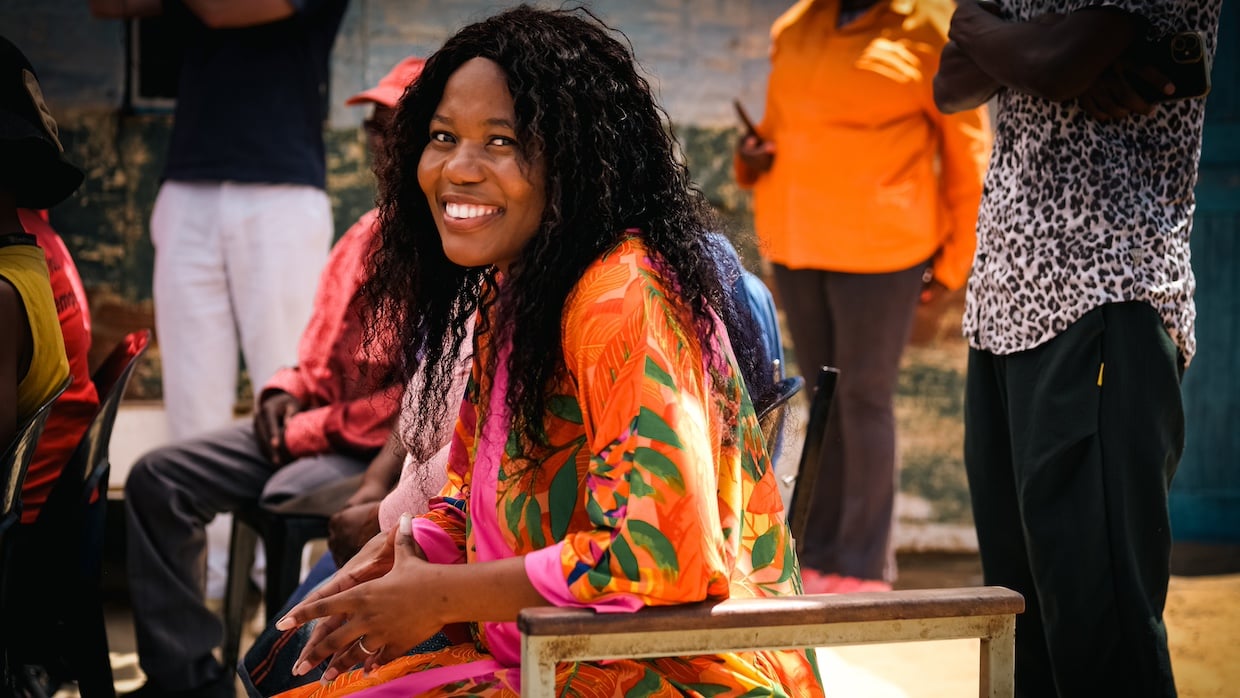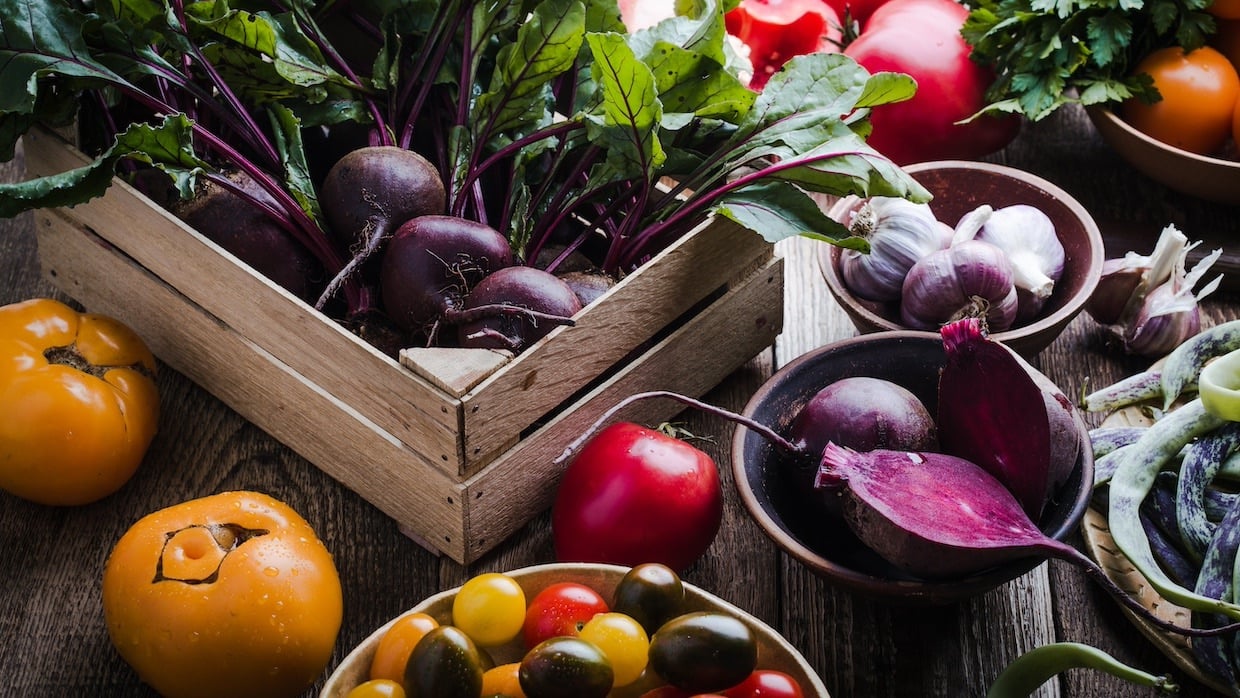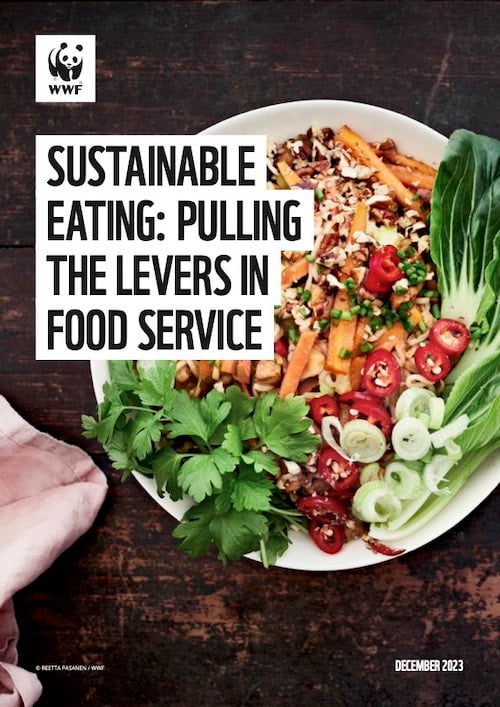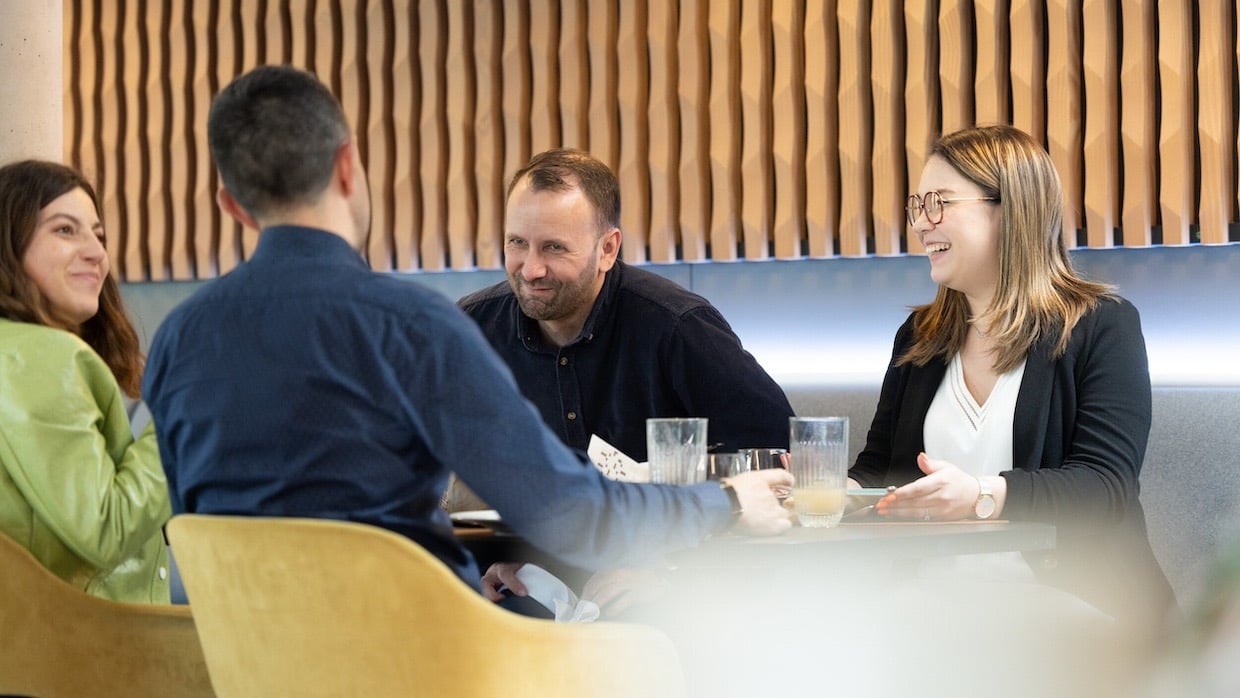
Belonging and Inclusion
Cultivating inclusive agriculture in South Africa


Our diets have a significant impact on the world we live in; everything we eat and drink has an environmental footprint, from the land our food is grown (or grazed) on, to the water that’s used to irrigate crops, to the emissions associated with growing and transporting our food. Shifting to sustainable food production and adopting sustainable diets are essential to tackle climate change and restore nature, while continuing to produce the food we need.
The food service sector, which caters to the billions of people eating out, day in day out, has a critical role to support customers to eat sustainably. Since 2010, WWF has been working in partnership with Sodexo as it seeks to improve its sustainable food offer and purchasing practices, helping to support a shift to more sustainable global food system.
There are many other levers available to food service organisations to help accelerate progress on sustainable diets, from setting ambitious targets, to aligning with clients on key sustainability goals, to engaging customers with delicious and nutritious plant-forward and plant-based meals, while ensuring what’s offered on the menu has been sourced as sustainably as possible. WWF’s latest report, commissioned through the WWF Sodexo partnership, Sustainable Eating: Pulling the Levers in Food Service, showcases those areas of action for food service companies to accelerate this much-needed transformation.


Cultivating inclusive agriculture in South Africa

The Vibrant Mind: A guide to neuroprotective nutrition

Making sustainable food, convenient